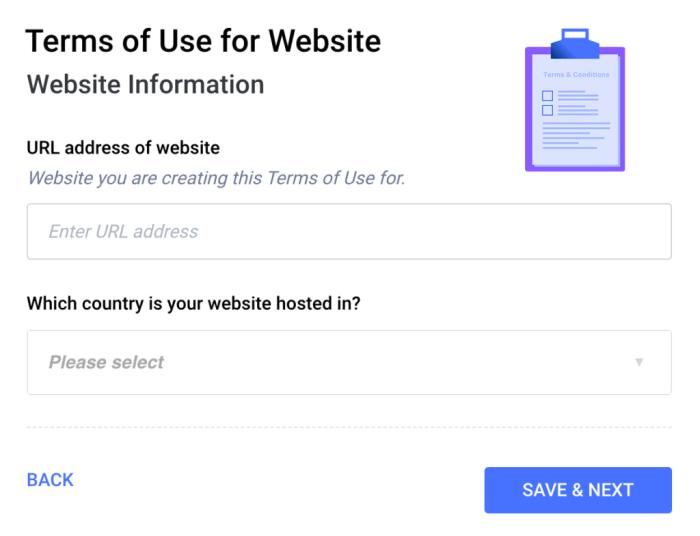Which of the following is an example of implied consent? This thought-provoking question delves into the intricate realm of consent, where actions and behaviors speak louder than words. Implied consent, a pervasive yet often misunderstood concept, plays a crucial role in various aspects of our lives.
This article aims to illuminate the complexities of implied consent, exploring its manifestations, methods of expression, legal implications, and ethical considerations.
Implied consent is a form of consent that is inferred from a person’s actions or behaviors, rather than being explicitly stated. It arises when an individual’s conduct reasonably suggests their willingness to participate in a particular activity or decision. Understanding the nuances of implied consent is essential for fostering respectful and ethical interactions in both personal and professional settings.
Implied Consent: An Overview

Implied consent is a legal doctrine that allows individuals to give consent to an action or decision without explicitly stating their agreement. It is often inferred from a person’s actions, behaviors, or circumstances.
Examples of Implied Consent, Which of the following is an example of implied consent
- Entering a store implies consent to be surveilled by security cameras.
- Accepting a medical treatment implies consent to the procedure.
- Opening an email implies consent to receive future emails from the sender.
Methods of Expressing Implied Consent
Implied consent can be expressed through various means, including:
- Nonverbal cues: Body language, facial expressions, and gestures can convey implied consent.
- Actions: Engaging in an activity or allowing someone to act on your behalf can indicate consent.
- Context: The surrounding circumstances and the relationship between the parties can influence the interpretation of implied consent.
Legal Implications of Implied Consent
The legal implications of implied consent vary across jurisdictions. Generally, it is recognized in the following areas:
- Medical treatment: Consent to medical procedures can be implied from a patient’s actions or behavior.
- Business transactions: Implied consent may arise from entering into a contract or accepting goods or services.
- Criminal law: Implied consent can be used to justify certain searches and seizures.
Ethical Considerations of Implied Consent
Relying on implied consent raises ethical concerns:
- Respect for autonomy: Individuals should have the right to make informed decisions about their own actions.
- Privacy concerns: Implied consent may lead to the collection of personal information without explicit permission.
- Boundary setting: It is important to establish clear boundaries and limits to prevent misinterpretation or coercion.
FAQ Explained: Which Of The Following Is An Example Of Implied Consent
What are some common examples of implied consent?
Implied consent can be found in everyday situations, such as entering a store without being explicitly invited, accepting medical treatment in an emergency, or participating in a group activity without voicing any objections.
How can nonverbal cues indicate implied consent?
Nonverbal cues, such as nodding, smiling, or making eye contact, can convey implied consent. However, it is important to consider the context and surrounding circumstances to avoid misinterpretations.
What are the potential legal implications of misinterpreting implied consent?
Misinterpreting implied consent can lead to legal consequences, including allegations of assault, battery, or sexual misconduct. It is crucial to obtain explicit consent whenever possible to avoid misunderstandings and legal complications.

